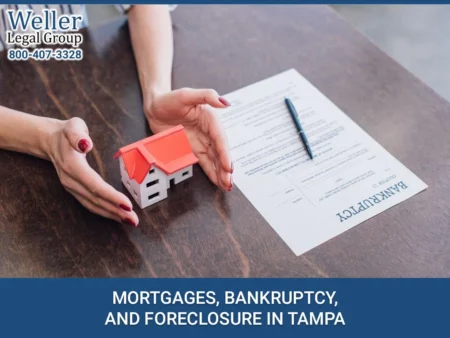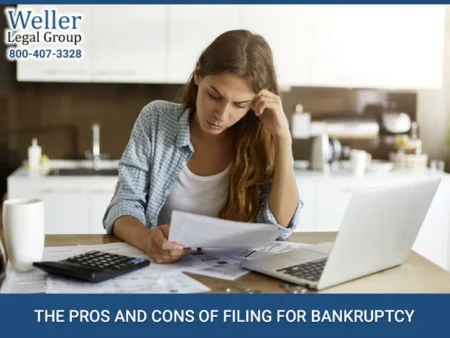Mortgages, Bankruptcy, and Foreclosure in Tampa
If you are determined to prevent foreclosure on your home, you may decide that filing for bankruptcy is for you. Under both Chapter 7 and Chapter 13 bankruptcy, you are entitled to keep your primary home should you decide to file. Under Chapter 7, you may be required to liquidate your assets. With Chapter 13, you are required to repay a set amount to your bankruptcy trustee each month. If you decide Chapter 13 is the right way to file, you may also be able Read More +



